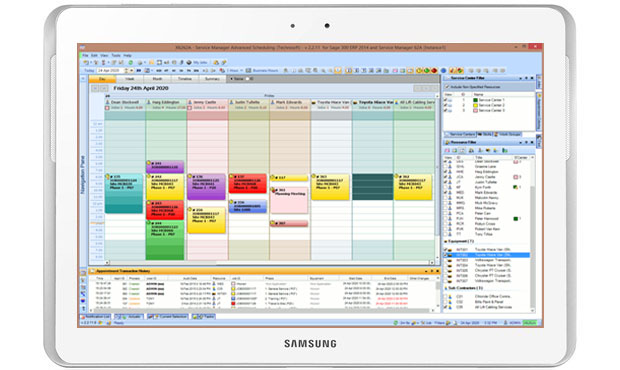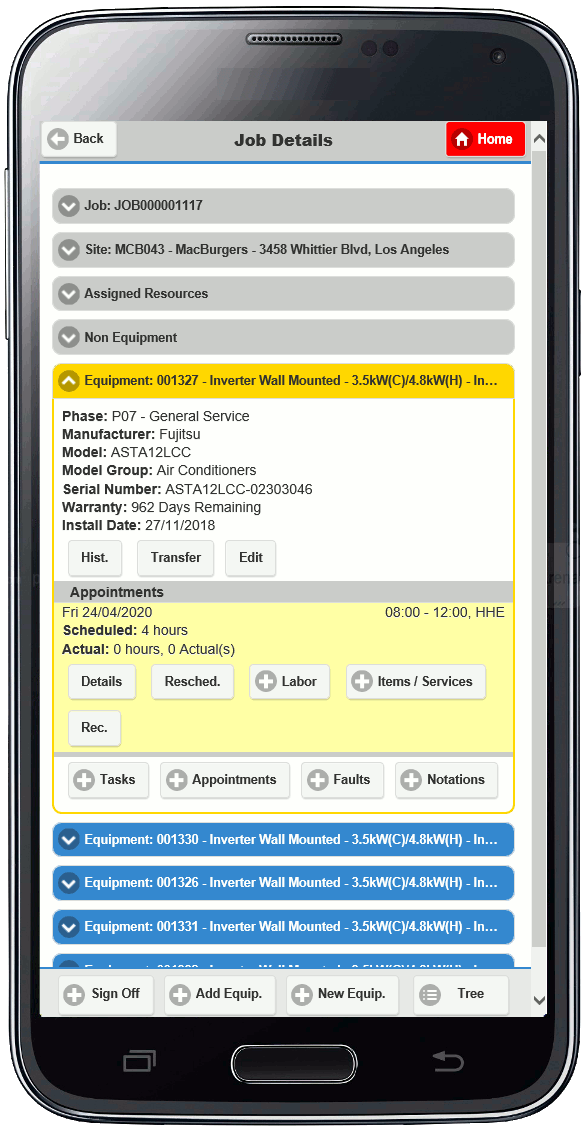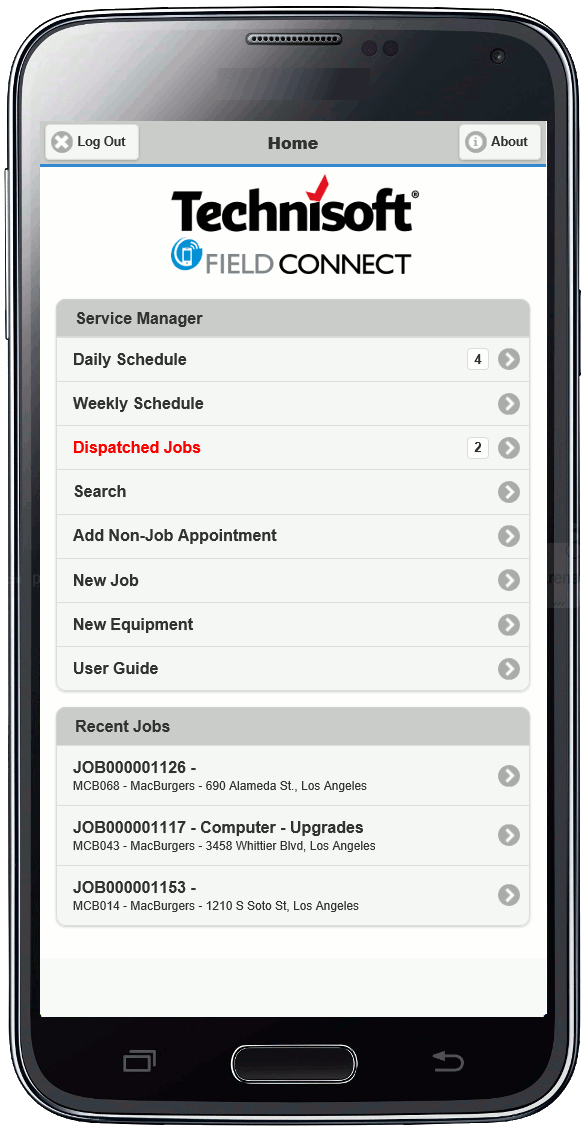
For many companies, it’s becoming a business imperative for software users to be able to untether from the workstation. Mobile enterprise software offers a solution. Users in the warehouse, the field, the client’s office, and at home can now remotely access and contribute to company information resources. If you’re looking at extending your financial and business management functionality to mobile users, you’re likely facing a key question: Should I be using a mobile app or mobile web?
The mobile software opportunity
Mobile usage is big. Very big. Mobile web traffic now accounts for 20% of all web traffic. Mobile apps have an enormous market presence, as well. Both Apple and Google each claim nearly one million available apps for their respective mobile operating systems (iOS and Android) as of the time of this writing.More and more companies are leveraging the functional advantage of mobile (anywhere, anytime) to change and improve the way they do business. In addition to offering customers another buying portal via mobile eCommerce, mobile is changing the way companies internally communicate. Mobile technology is fostering improvements in both collaboration and creativity, as well as efficiency and quality.Consider the variety of functional areas that enterprise mobile software offerings address:
- Billing
- Time reporting
- Scheduling
- Project management
- Inventory control
- Work order management
- Dispatching
- Estimating
- Shipping
- Payment processing
- Manufacturing
- Contact management
- Financial reporting
- And, beyond.
Mobile apps and mobile web
There are two main options for provisioning enterprise mobile software functionality: mobile apps and mobile web. Mobile apps are software that is downloaded directly to the device and run natively on the smartphone or tablet. Mobile web refers to websites that are optimized for appearance and functionality when run on a mobile device.
Mobile app advantages
Mobile apps run are downloaded and hosted directly on the mobile device. Mobile apps offer some key advantages:
- No wireless or wifi network required. Because the core software functionality of mobile apps is running on your phone or tablet, instead of a web server, you can utilize the app without a network connection. Mobile web always requires a network connection. While network connectivity can be used to enhance the mobile app experience, it is not strictly necessary for base operation. Similarly, with many mobile apps when you are out of network range, your app will store data it needs to pass until later, when network access has been re-established. For companies with users operating in areas of spotty coverage, the ability to run key software functions without a network connection can be a key decision making factor.
- Full hardware capabilities. If you require software that will allow your users to use device hardware features such as the phone’s camera or gyroscope, a mobile app is likely your best bet. Similarly, mobile apps are generally better able to take advantage of gesture recognition capabilities.
- An easily customized user experience. Mobile apps can be set up to take advantage of user preferences. The one to one relationship of users to their mobile devices can remove the necessity of repeated log-ins for each session (though some apps preserve it for security). Mobile apps also can take advantage of other personalized, device-based resources (for example, email).
Mobile web advantages
Mobile web programs leverage web technology with special attention paid to optimizing the visual presentation for the smaller screen size. Consider some of the advantages of mobile web:
- Interoperability. Perhaps the greatest advantage of mobile web versus mobile apps is the issue of interoperability. Mobile web on the other hand is interoperable. One mobile web application can be served to all users regardless of their OS. Mobile apps on the other hand are built for specific device OS’s. If you have a mixed user community of both Android and iOS users, your app choices are limited to those built for both OS’s. Feature parity does not always exist with mobile apps. For companies with a mixed device OS environment, mobile web is often the price conscious option












